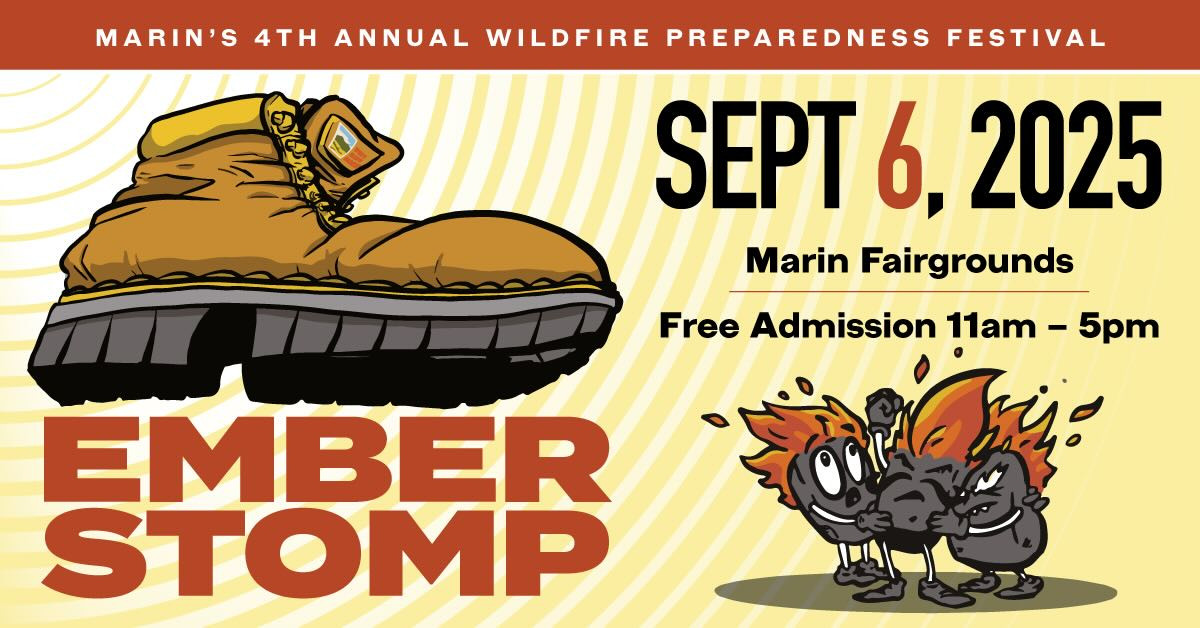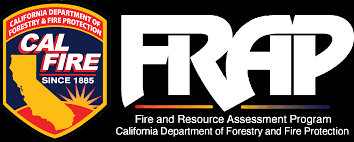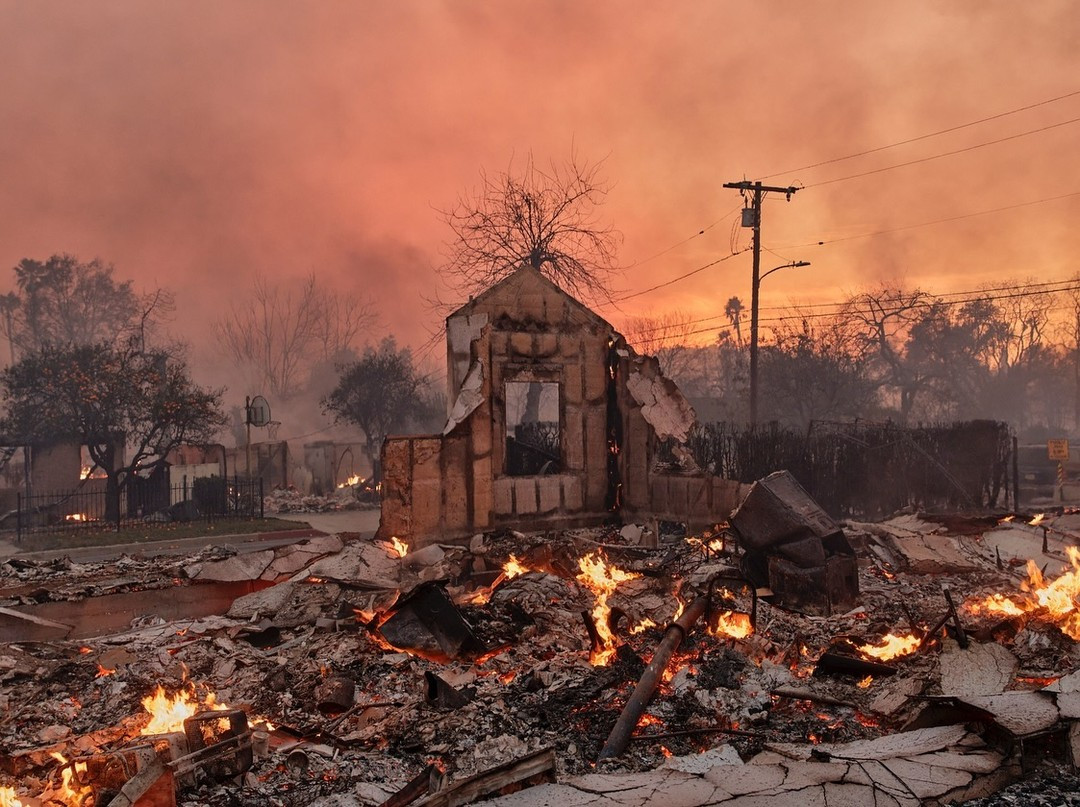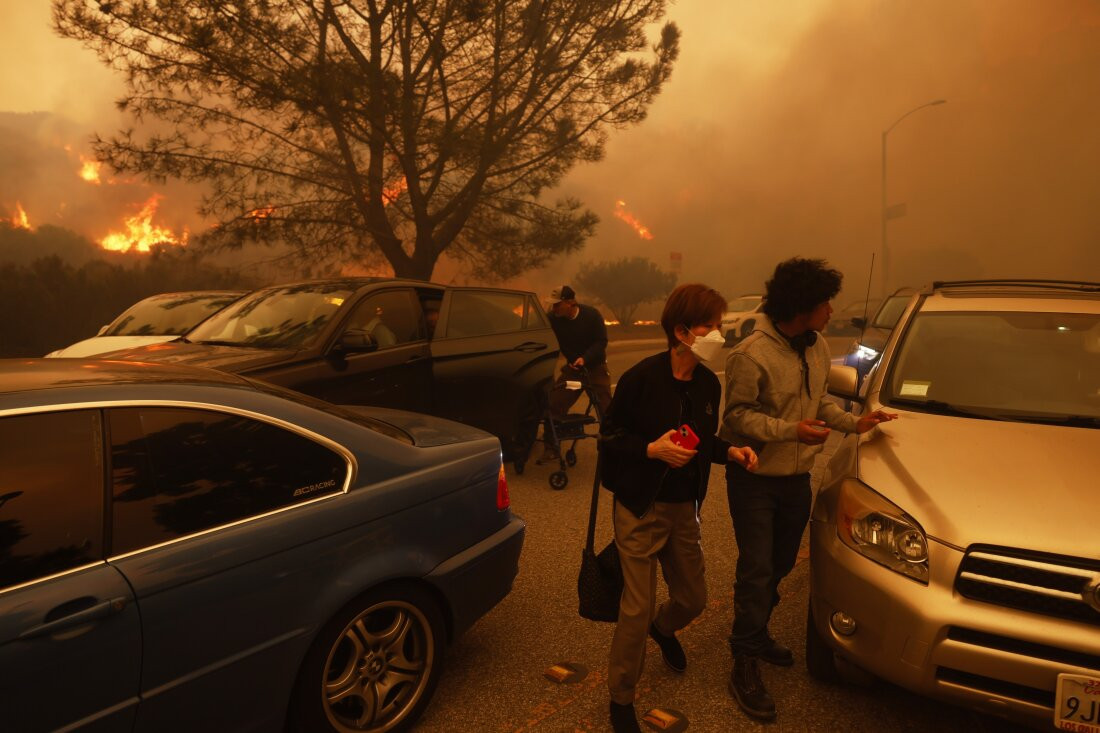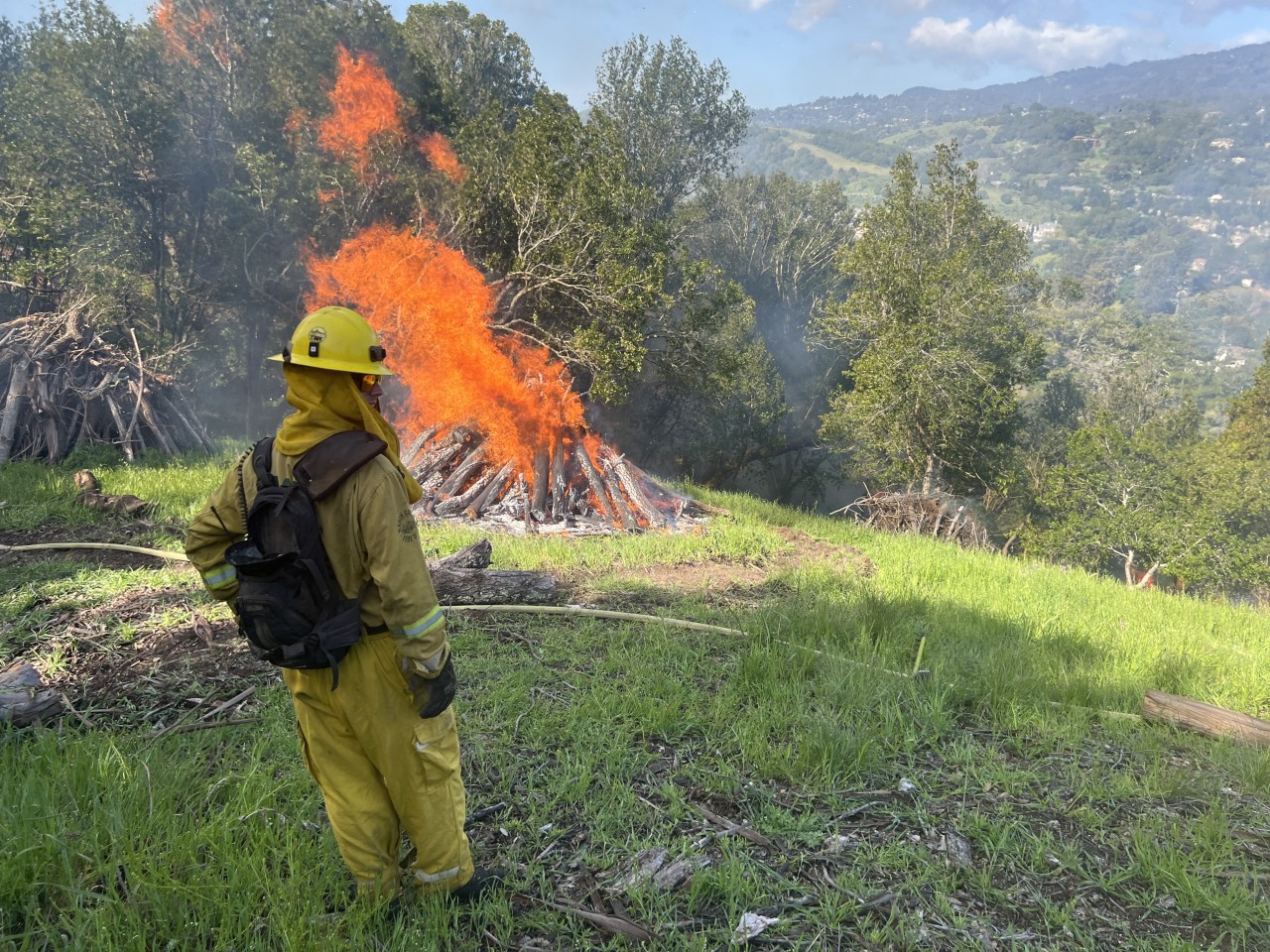CAL FIRE has released the updated 2025 Fire Hazard Severity Zone (FHSZ) maps, identifying areas with moderate, high, and very high wildfire risk within Local Responsibility Areas (LRA). Check your property’s fire hazard classification and learn how these updates may impact you. Click here to learn more.
In accordance with Government Code Section 51178.5, the Central Marin Fire Authority is mandated to facilitate public access to the proposed map and host public comment period.
It is important for the public to understand that these maps are created by the California Department of Forestry and Fire Protection (CAL FIRE) under the direction of the State Fire Marshal. Our local fire agency does not control the creation of the map but is required to ensure the community has the opportunity to review and provide feedback.
California Government Code Section 51179(a) mandates that local agencies "shall designate, by ordinance, moderate, high, and very high fire hazard severity zones in [their] jurisdiction within 120 days of receiving recommendations from the State Fire Marshal pursuant to Section 51178. The Central Marin Fire Authority (CMFA) received these maps on February 24, 2025.
These maps aim to provide valuable information for land use planning, building code enforcement, and wildfire risk mitigation strategies. Public input can help identify concerns, validate data, and improve the understanding of how these zones may impact residents, businesses, and emergency response planning.
